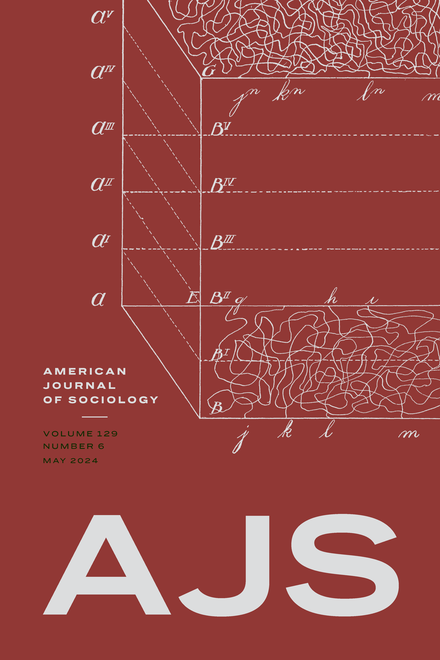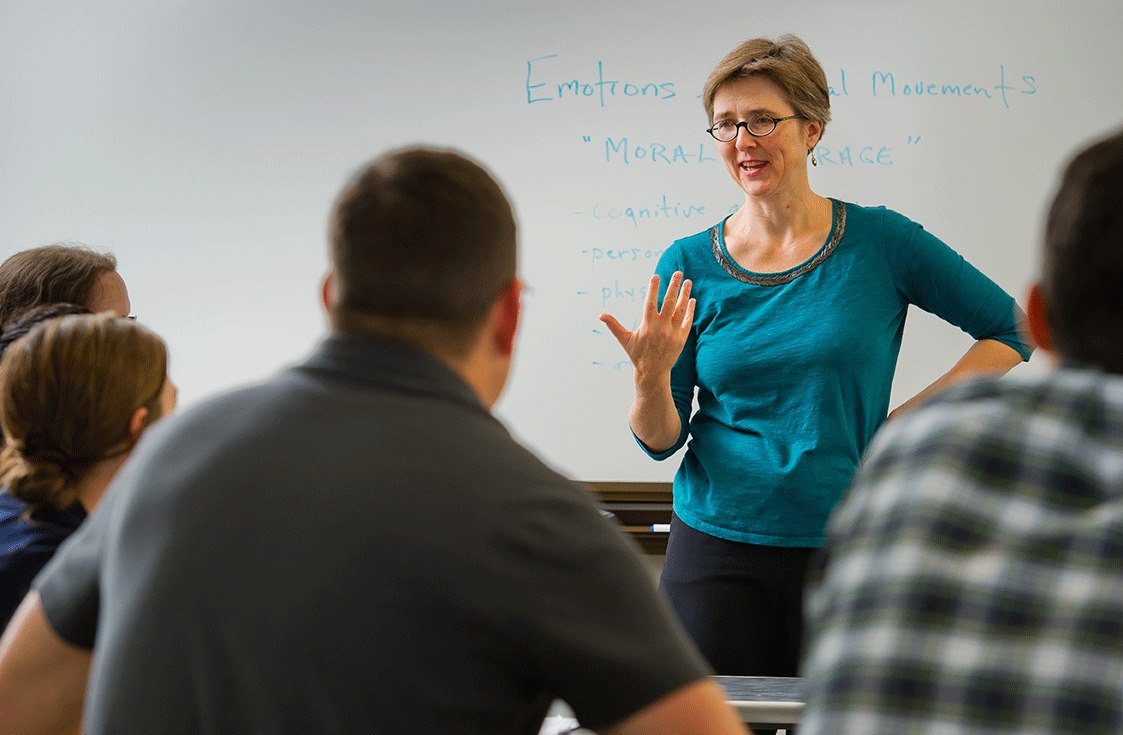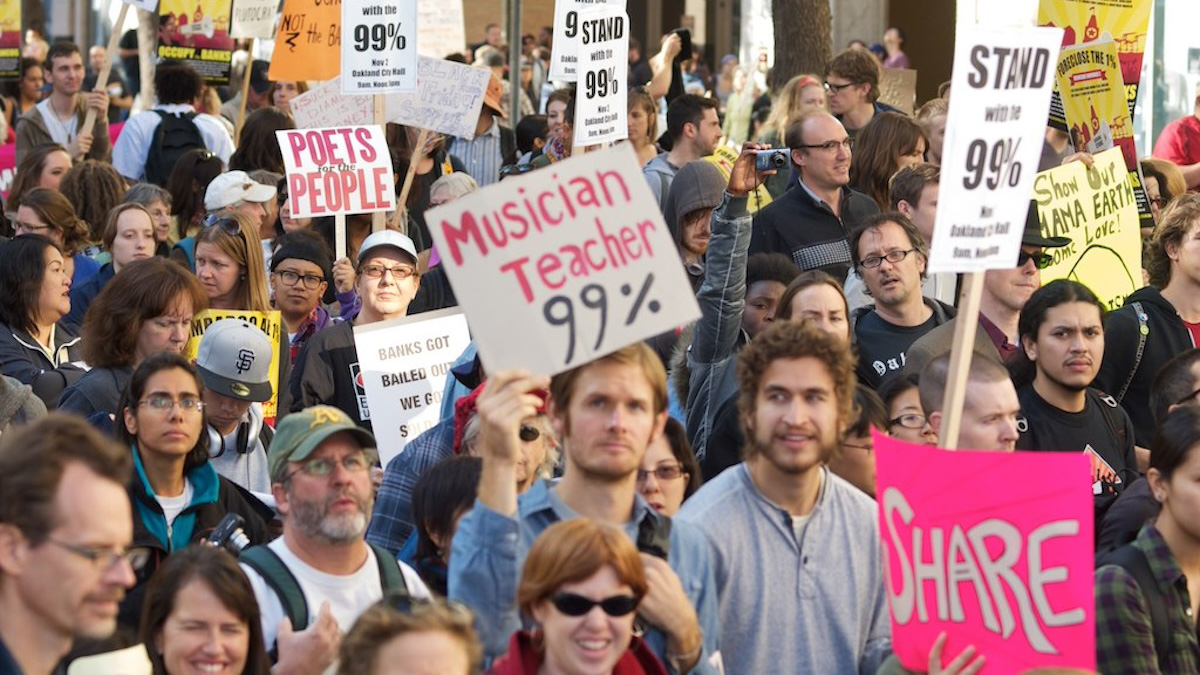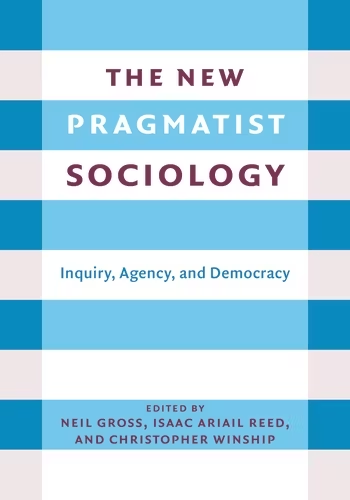Ann Mische
Associate Professor of Sociology and Peace Studies,
University of Notre Dame

Hi! I am Ann Mische, Associate Professor of Sociology and Peace Studies at the University of Notre Dame. My research focuses on communication, deliberation and social change efforts in social movements and democratic politics. I have examined these processes in my work on Brazilian youth politics during re-democratization, on anti-partisanship in recent protest waves, and on the role of futures thinking in transnational interventions. I have a joint appointment in the Department of Sociology and the Keough School of Global Affairs. I am a core faculty member of the Kroc Institute for International Peace Studies and a faculty fellow of the Kellogg Institute for International Studies.
In my first book, Partisan Publics (2009), I drew upon extensive ethnography and formal network analysis to explain the civic involvement of young activists through intersecting political networks. My second co-authored book, Measuring Culture (2020), takes the reader on a tour of the state of the art in measuring meaning, from ethnography and neuroscience to computational social science. I am currently working on a third book, Futures in Contention, examining how cultural technologies for future-oriented deliberation are being used in transnational debates and interventions related to democratic governance, social and economic inequality, political violence, and environmental degradation.
My work has been published in sociological outlets such as the American Journal of Sociology (1998 & 2024), Theory and Society (2014), Poetics (2000), the Annual Review of Sociology (2013), and Sociological Forum (2009), among others. I have also contributed to several edited volumes, including Social Movements and Networks (2003), the Sage Handbook of Social Network Analysis (2011, 2022), the Oxford Handbook of Social Movements (2015), the Routledge Handbook of Cultural Sociology (2018), and The New Pragmatist Sociology (2024).
Some of my latest news:

New article:
“Channeling Anti-Partisan Contention”
American Journal of Sociology, Vol. 129, Number 6, May 2024
Winner of three 2025 ASA Best Article Awards: Political Sociology
Collective Behavior and Social Movements
Global/Transnational Sociology (Hon mention)

Professor Mische Receives Graduate Advising Award
The James A. Burns, C.S.C., Graduate School Award, recognizes outstanding faculty mentorship and showcases Notre Dame’s very best doctoral advisors. The Burns Award emphasizes the importance of healthy and robust mentor-mentee relationships.

New research shows how elites leverage anti-party protests to disrupt politics
Protest movements that reject political parties have an unintended consequence, according to research co-authored by a Keough School faculty expert: They empower savvy politicians, who channel them to shake up the status quo.
From the Future:
Interdisciplinary Paths to Peace
In this edition of From the Future, we profile three interdisciplinary researchers studying overlooked paths to ending violence and promoting peace in the realms of urban infrastructure, social movements and developmental anthropology.

